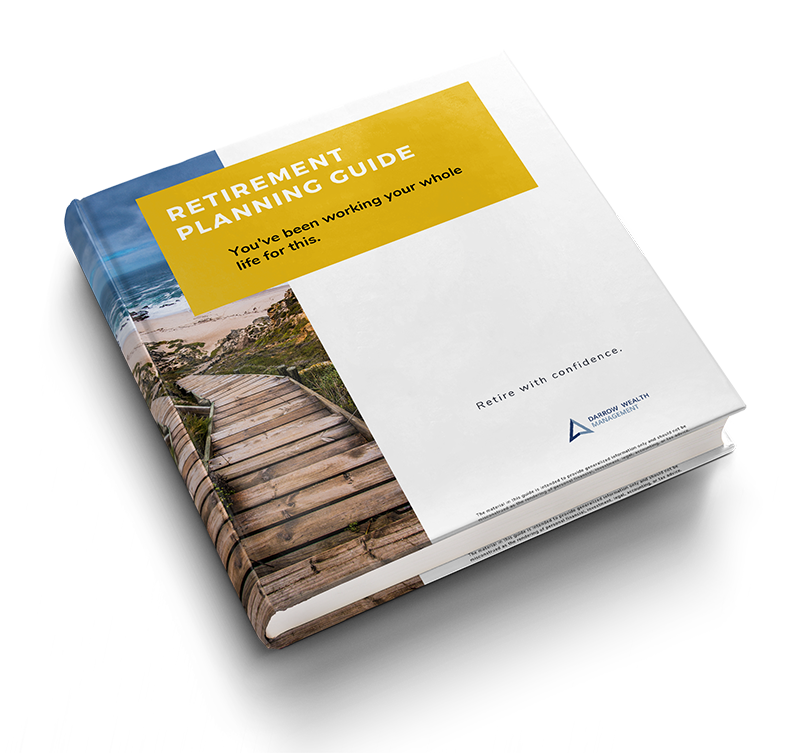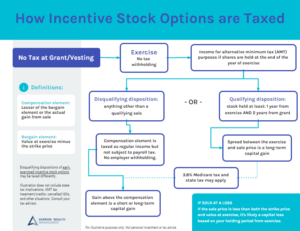How much money do you need to retire and still maintain a comfortable lifestyle?
As a financial advisor, clients often ask whether they have enough money to retire. And they’re not the only ones asking – a Google search of the subject brings back more than 66 million hits. Most advisors will agree this is a loaded question; but certainly one worth asking. Unfortunately, many Americans wait until they are on the cusp of retirement before they seek a professional to help develop an investment management strategy. Retirement planning isn’t just about understanding how much you may need to achieve your desired lifestyle. It’s also about making sure you’re invested in a way where you’re able to keep it.
You only get one shot at retirement, so you need to get it right
As pensions travel farther down the road to extinction and government programs like social security and Medicare continue to face funding concerns, a larger portion of retiree’s income will likely come from their retirement savings. This increased self-reliance invariably prompts the question, how much money do you need to retire?
Unfortunately, there is no universal magic number for sufficient retirement savings. The answer really varies for each individual. What you’ll need saved is largely a product of your spending plans in retirement. One benchmark suggests an annual spending target of 70% to 80% of annual pre-retirement income.
The 4% rule is another longstanding rule of thumb, which found that retirees could withdraw 4% of their initial portfolio balance annually, adjusted for inflation, and not run out of money for 30 years.
Even if you accept these guidelines – what if 4% of your nest egg isn’t 70% of your pre-retirement income, but maybe 40%? Or you expect to be in retirement longer than 30 years? When trying to quantify how much is enough, even back of the envelope calculations must consider a variety of factors. Be careful not to overestimate your retirement expenses, either.
Sources of income in retirement
Most advisors agree that relying solely on Social Security to sustain your retirement is a risky proposition. Fewer retirees have pensions, so the idea of guaranteed income is very appealing. How Social Security may survive in the future is another topic itself!
If you have other income from a rental property, inheritance, or interests in a business, that can help offset how much money you’ll need saved to retire.
How much money you’ll need to retire will partly depend on the types of accounts you’re using to save
Most retirees need to rely on their own savings to fund retirement. This mostly comes from an IRA or a qualified retirement plan such as a 401(k) to provide income in retirement. Depending on the entire picture of sources of income in retirement, the level of savings required at retirement will vary.
Tax-deferred accounts
Retirement plans like a 401(k) and 403(b) offer tax-deferred growth, same with a traditional IRA. In retirement, these accounts are fully taxable as ordinary income. This is a double-edged sword: the tax-deferred growth allows accounts to grow more quickly but each dollar you take out won’t go as far after-tax, all else equal. Proper tax planning is essential to forecast after-tax income and mitigate the impact of taxes where possible.
Taxable investment accounts
Many wealthier individuals will need to save outside of retirement accounts in a brokerage account to maintain their lifestyle. Unlike retirement accounts, there are no tax benefits with a brokerage account. But on an after-tax basis, withdrawals from a taxable account could leave more money in your pocket due to more favorable long-term capital gains rates.
Tax-free Roth IRA
One of the benefits of using a Roth account is that the investment returns will not be taxed annually and withdrawals in retirement can be made tax-free, assuming at least 5 years have passed since your first Roth contribution was made. Another benefit is that there are no required minimum distributions on Roth IRAs. Compared to the other types of accounts, withdrawals from a Roth IRA will go much farther in retirement.
How much will your retirement lifestyle cost?
How much income you can realistically expect in retirement is independent of how much your desired lifestyle would cause you to spend, leading to an income gap. Ultimately, the amount needed to fund your retirement is a product of expenditures and time. Among the considerations when estimating annual expenses in retirement:
- Lifestyle plans. What do you expect to do in retirement? How will you fill your days? Traveling and golfing frequently can add up.
- Sequence of returns risk. This describes how the timing of market volatility, not just the severity, can impact a portfolio. Without proper planning, a bad year in the financial markets at the onset of retirement can significantly disrupt your financial situation.
- Gifting. What are your charitable objectives? Do you wish to leave assets to heirs or make significant gifts during life?
- Health care. The rising costs of healthcare are well documented and can pose significant issues for the elderly. Medicare is available for those 65 and over, but it does not cover all medical costs and supplemental coverage or long-term care insurance may be needed. Healthcare expenses are especially important if you want to retire early.
- Housing costs. A common misnomer is that housing costs will be greatly reduced in retirement, as retirees may not still be paying a mortgage. J.P. Morgan’s research indicates that individuals over age 65 only spent 2% less on total housing expenses (mortgage, maintenance, property taxes, etc.) than those between the ages of 55-64. Even without a mortgage, as we age, so does the property, leading to expensive maintenance. Also, with a reduced physical ability to perform chores and basic upkeep, these tasks must be outsourced at a cost.
- Time in retirement. Of course, the longer you live the more it will cost to sustain your lifestyle. Given that we are often living much longer, it becomes increasingly important to ensure your savings are sufficient before deciding on an early retirement.
A financial plan can help you figure out how much money you’ll need to retire
Remember that even the most careful planning cannot guarantee the final size of your nest egg. Market volatility, contributions or withdrawals, and risk tolerance for investments will play a role in your portfolio both before and during retirement. Consider working with a financial advisor before you are on the cusp of retirement to put a plan together.
Rather than try to estimate your expenses to the granular level, consider working with a wealth advisor to develop a financial plan. Instead of projecting your costs out through retirement, you can back into how much money you can spend each year in retirement. Also, stress-testing your financial plan can help you feel confident about withstanding economic downturns.
There is no universal “retirement-ready” dollar threshold to try to reach. But with some planning it is quite possible to determine how much you may need in retirement. Special exit events, such as the sale of a business or real estate, can help by providing a windfall.
Investors should remember they don’t need to have a dollar figure in mind in order to be on track for retirement. Saving early also gives you more time grow your retirement savings without a dramatic increase to your contributions due to the power of compounding interest over time. It’s much more costly to try to make up for it later in life with bigger contributions.











